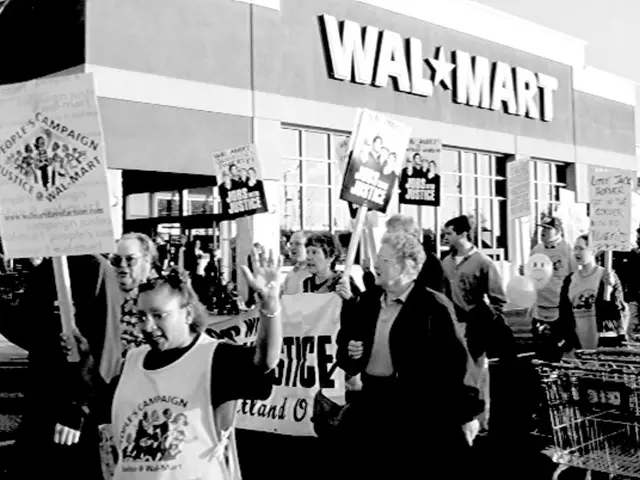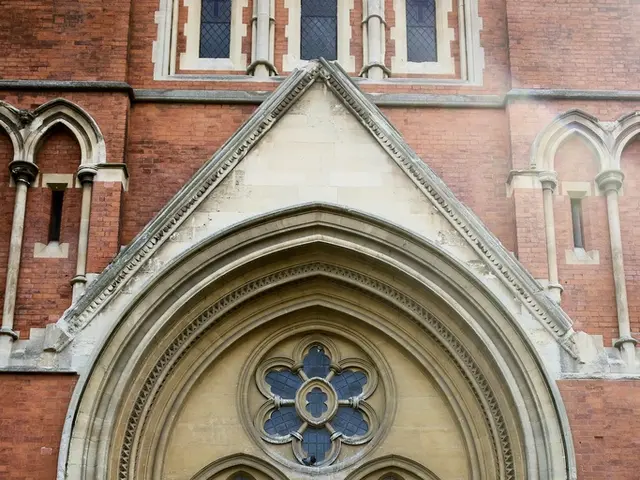Rapid Transformations in the 1930s
In an article published in Evangelical Focus, Peter Mead, a renowned blogger at Biblical Preaching and author of several books, including being a mentor at Cor Deo, raises concerns about the current societal climate and its potential parallels with the 1930s.
The article discusses the similarities between contemporary Germany and the Weimar Republic of the 1930s, a time marked by political polarization, societal fragmentation, economic uncertainty, and the rise of extremist movements. This mirrors the current landscape, with challenges to democratic institutions and a fragile democratic culture, leading to social unrest.
Historical continuities are evident in societal dynamics, as seen in the emphasis on nationalism, youth activism, and political radicalization. One concerning aspect is that many youngsters, born during or just before the Great War, were uninformed or deliberately misinformed about the history of the war in the 1910s, leading them to be easily steered towards serving Hitler's goals just two decades later.
The rapid shift from democracy to a dictatorship in Germany serves as a reminder of the potential for rapid societal changes and the importance of vigilance against such shifts. Albert C. Grzesinksi, in his book "Inside Germany," warns against the dangers of political abuse and slander, stating that weapons of slander, abuse, and insidious intrigues are more dangerous than physical weapons to those guided by ideals.
Grzesinksi also emphasized the importance of the state belonging to the people, only when all participate in government and public authority. This sentiment is echoed in the article, which questions the disconnect between the population and those with power, and the inconsistent application of laws.
In light of these historical parallels, the article raises the question of what church pastors could and should do in a society that is leaning in a dangerous direction. It is concerning that many people today might be unaware of the threats to society from political, ideological, or religious groups.
Hitler himself acknowledged the power of lies, writing in Mein Kampf that "A lie, if big enough, always has an excellent chance." This serves as a sobering reminder of the potential for manipulation and deception in society, and the need for vigilance and critical thinking.
The article concludes with a call to action, urging readers to be aware of the potential for societal shifts and to stand firm in the face of political, ideological, or religious groups that seek to undermine democracy and the rule of law. It encourages readers to participate in government and public authority, and to hold those in power accountable for their actions.
In essence, the article serves as a call to remember the lessons of history and to apply them to the present day, in order to safeguard democracy and maintain a healthy, functioning society.
Read also:
- Governor Brian Kemp backs Derek Dooley in his campaign for U.S. Senate position in Georgia.
- Federal control looms over New York City as Trump's administration enacts policies detrimental to the city, potentially seizing control.
- Political Survey Classification: Distinctions Among Pre-Election, Exit-Poll, and Post-Election Surveys
- Reduced humanitarian aid intensifies worries among residents on Lake Chad's coastline, fragile areas already impacted by militant activities.








